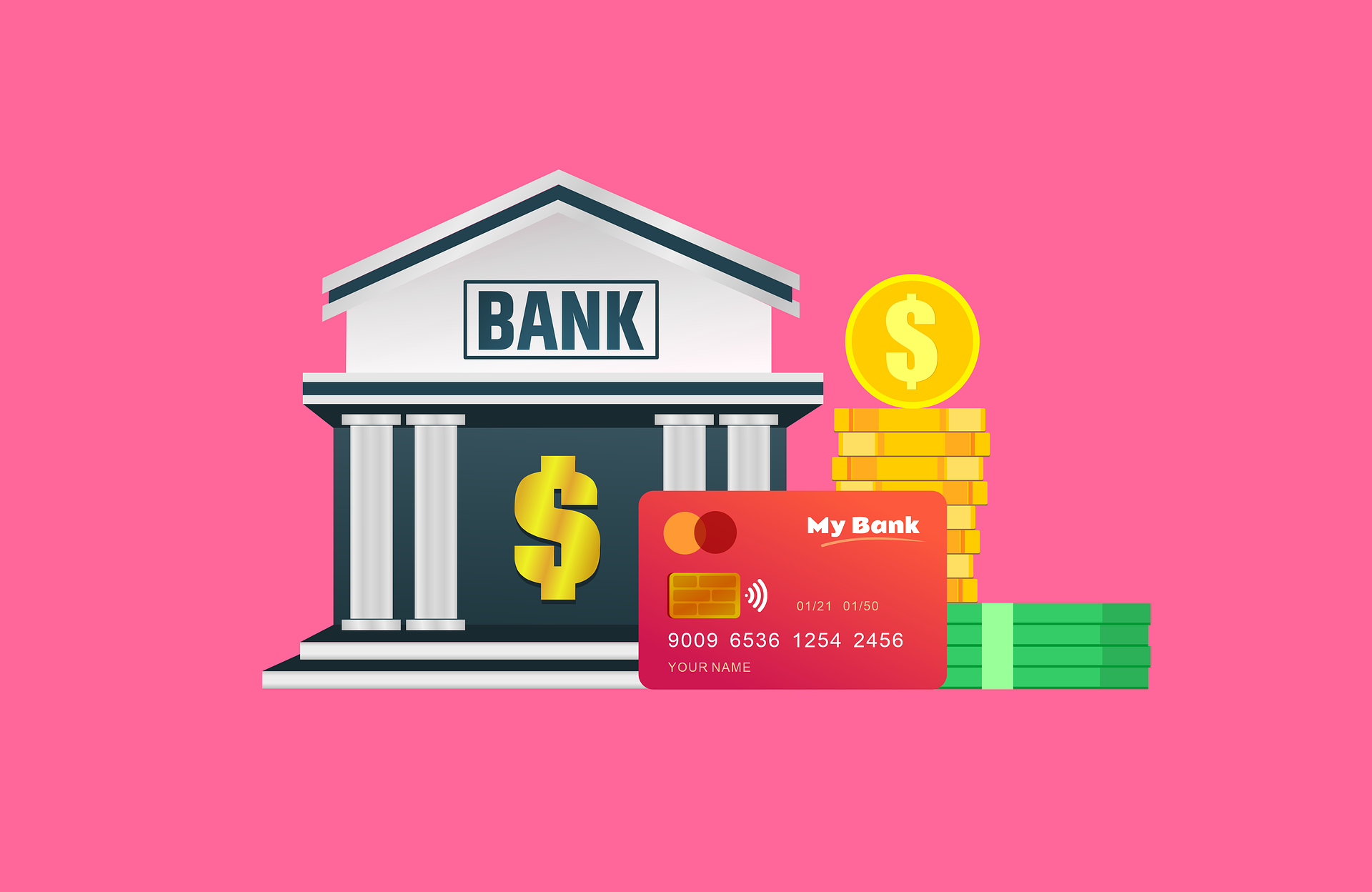If not handled appropriately, debt can be a major barrier to financial success. Having a good debt management strategy is essential to reaching financial freedom, regardless of the type of debt—credit card, student, or mortgage. You will learn how to successfully manage debt and move toward financial success with the aid of this guide.

Why Debt Management is Important
- Financial Stability: (Reducing debt leads to better financial security.)
- Lower Stress: (Managing debt prevents financial anxiety.)
- Improved Credit Score: (Paying off debt improves creditworthiness.)
- More Savings & Investments: (Less debt means more money for future financial growth.)
- Path to Financial Freedom: (Eliminating debt allows greater control over your finances.)
Steps to Manage Debt Effectively
1. Assess Your Debt Situation
List all your debts, including:
- Credit card balances.
- Student loans.
- Personal loans.
- Mortgages.
- Auto loans. Understanding your total debt helps you develop a clear repayment strategy.
2. Create a Debt Repayment Plan
There are several proven debt repayment strategies:
- Debt Snowball Method: (Pay off the smallest debts first, then move to larger ones.)
- Debt Avalanche Method: (Focus on paying off the highest-interest debt first.)
- Debt Consolidation: (Combine multiple debts into one loan with a lower interest rate.)
- Balance Transfer: (Move high-interest credit card debt to a card with a lower rate.)
3. Stick to a Budget
- Apply the 50/30/20 Rule: set aside 50% for necessities, 30% for wants, and 20% for savings and debt repayment.
- Reduce wasteful spending on things like eating out, subscriptions, and impulsive purchases.
- Set aside more monies for debt repayment from bonuses and tax returns.
4. Negotiate Lower Interest Rates
- Speak with lenders to ask for improved terms for repayment or reduced interest rates.
- To obtain reduced interest rates and lower monthly payments, refinance loans.
- For expert advice, take into account debt counseling services.
5. Avoid Accumulating More Debt
- For everyday purchases, use cash or debit cards rather than credit cards.
- Only borrow money for necessities (house, school, or business).
- Create an emergency fund to pay for unforeseen costs and prevent taking on more debt.
6. Increase Your Income
- Engage in freelance employment or a side business.
- Sell things you don’t need to make additional money.
- Request a raise or move to a position that pays more.
7. Monitor Your Credit Score
- Frequently review your credit report for inconsistencies and mistakes.
- To keep your credit score high, pay your bills on time.
- Maintain modest credit utilization, which is less than 30% of your credit limit.
How Debt Management Leads to Financial Success
- Reduces Financial Burden: (Less debt means more disposable income.)
- Boosts Savings & Investments: (Debt-free individuals can focus on wealth-building.)
- Improves Financial Independence: (Eliminating debt provides freedom from financial stress.)
- Enhances Financial Opportunities: (Good credit opens doors to better loan options and investment opportunities.)
- Creates a Path to Wealth: (Smart debt management ensures long-term financial success.)

